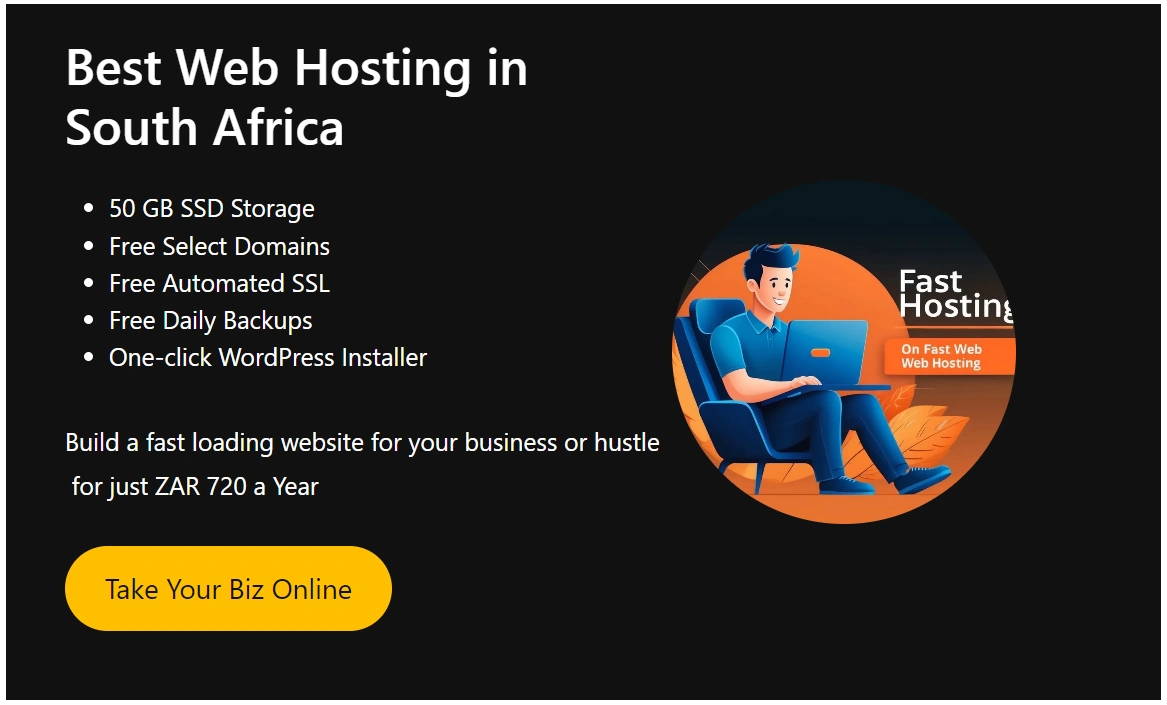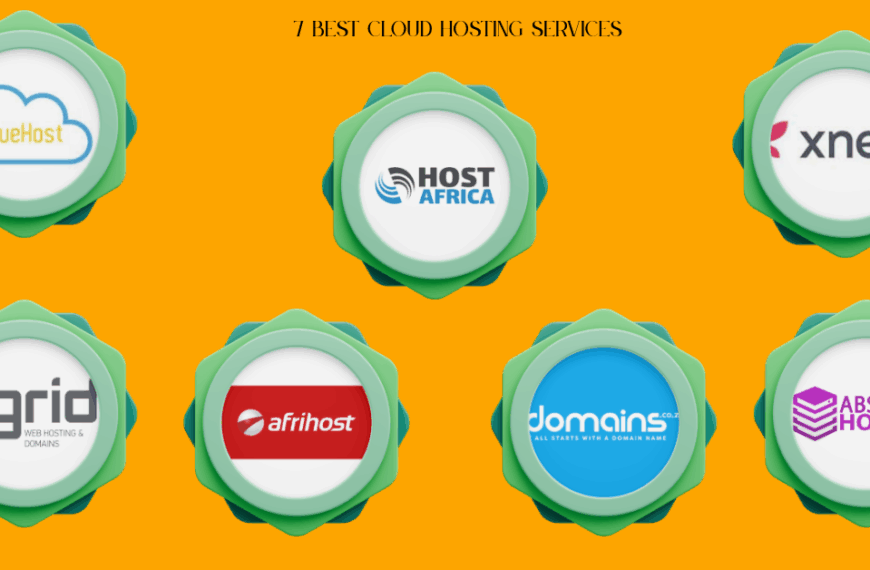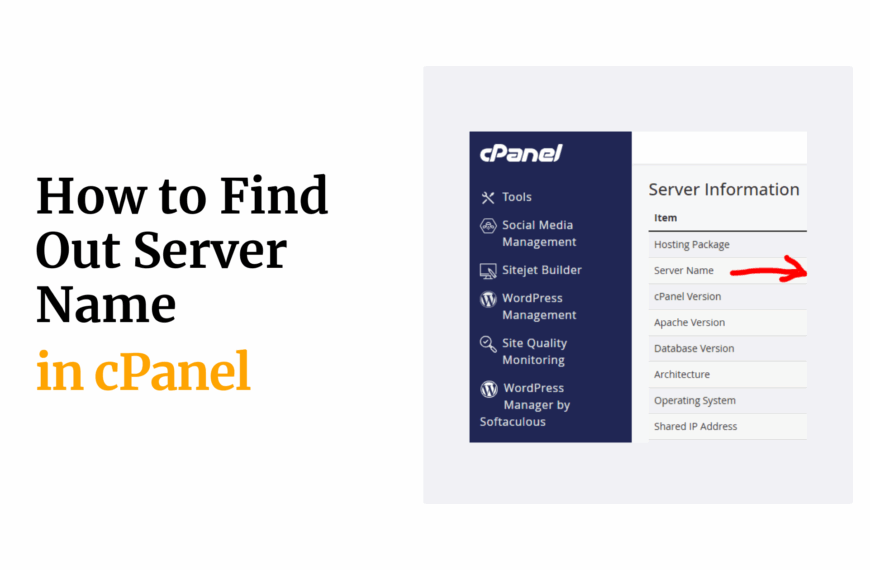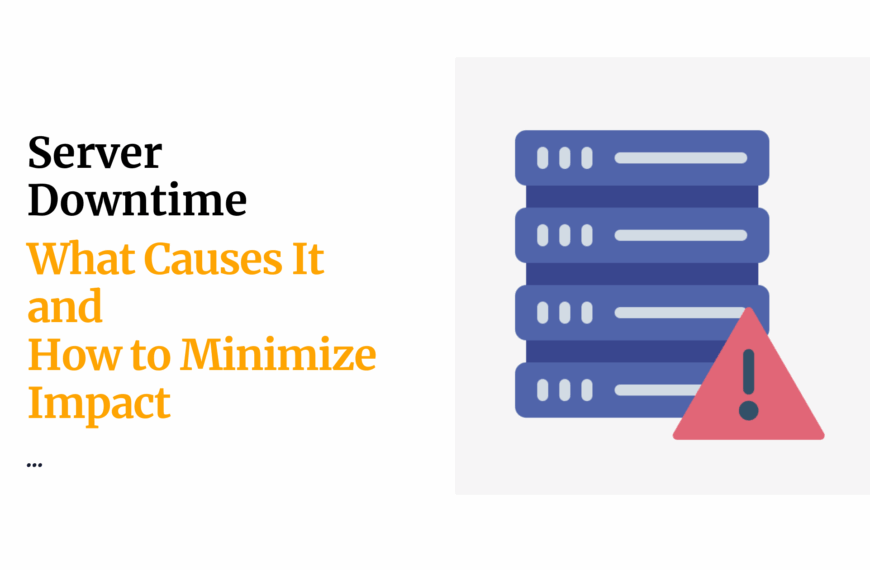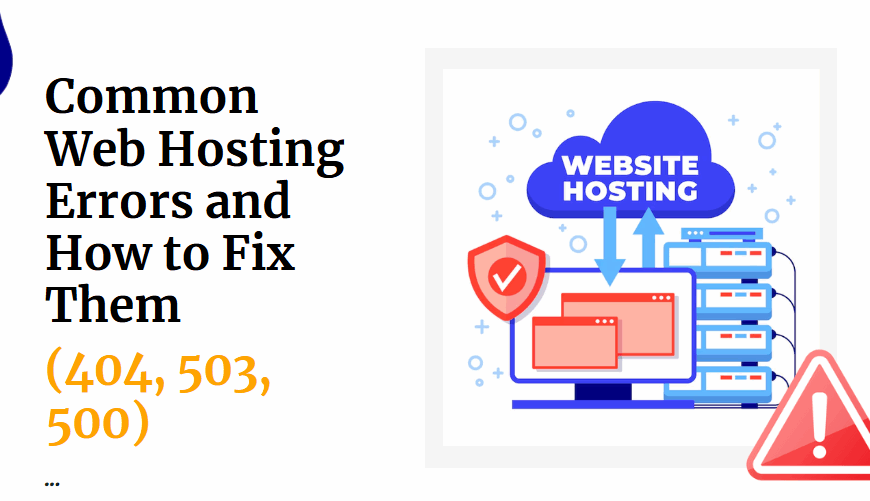Last updated on July 30th, 2025 at 07:01 pm
If you’re looking to build a website, one of the first questions you’ll face is where to host it.
You might have heard of Google Web Hosting and wondered:
What is it?
Is it like other hosting companies?
Can I use it for my small business in South Africa?
In this simple guide, you’ll learn what Google web hosting is, how it works, and whether it’s the right choice for you.
Table of Contents
What is Google Web Hosting?
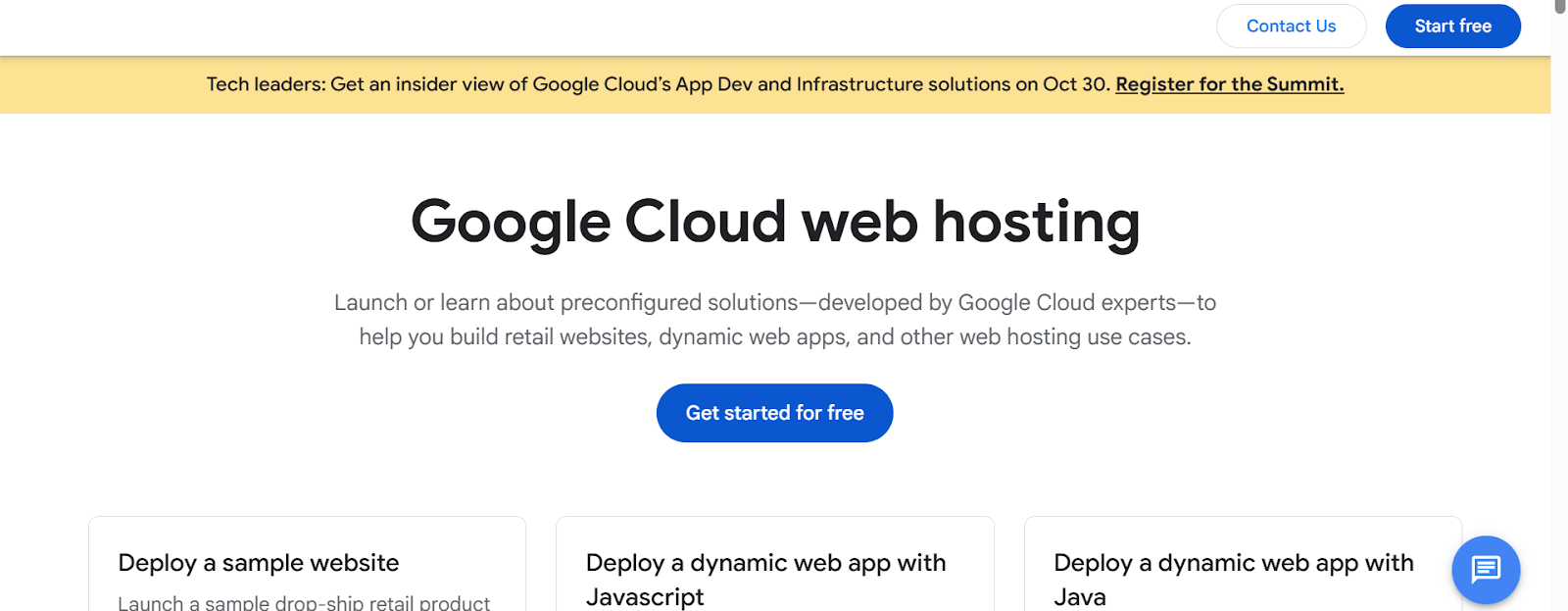
Web hosting itself is like renting space on the Internet. It’s where your website’s files, like images, text, and videos, live on a server.
Without hosting, your website wouldn’t be accessible online.
- Think of it as a house: Your website is the house, and the server is the land it sits on.
- Why it matters: Fast, reliable hosting keeps your site online 24/7.
- Hosting providers like Truehost SA manage these servers for you.
Hosting is the backbone of your online presence. Without it, your website is just a dream.
Google Web Hosting refers to a set of cloud-based hosting services.
In simpler terms, it’s Google’s way of helping you store your website on their powerful servers so that people can access it from anywhere in the world.
Types of Google Web Hosting Solutions
Google doesn’t offer a single “Google Web Hosting” product. Instead, it provides several services under its Google Cloud platform, each suited for different kinds of websites and applications.
1) Google Cloud Platform (GCP)
Google Cloud Platform is a collection of services for building, deploying, and managing applications and websites.
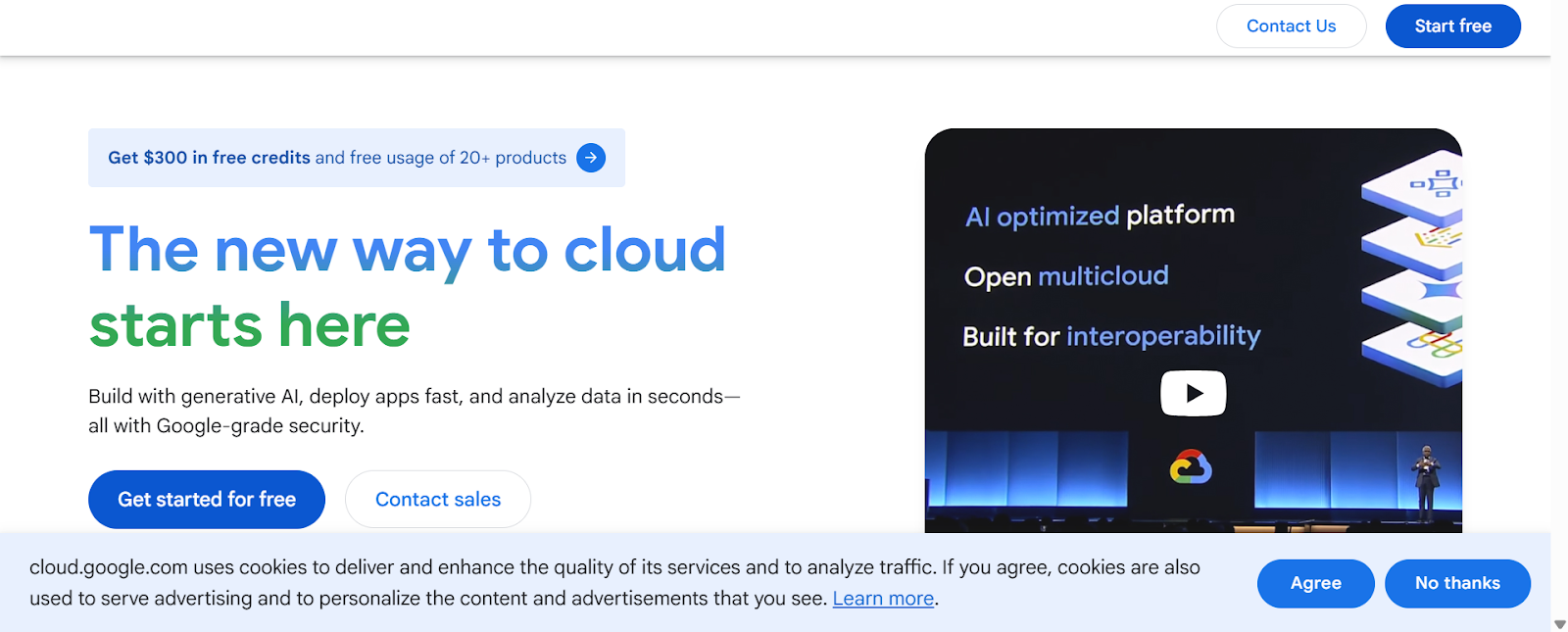
It’s designed for developers and businesses that need powerful, flexible, and scalable hosting.
Here are some key services within GCP that are relevant to web hosting:
- Compute Engine: This service lets you create and run virtual machines (VMs). You can think of a VM as your dedicated server in the cloud.

You have full control over the operating system and software, making it suitable for custom websites and complex applications.
- App Engine: If you want to build and host web applications without worrying about managing servers, App Engine is a great choice.
It’s a “Platform as a Service” (PaaS) that handles the server infrastructure for you, letting you focus on your code.
- Cloud Run: This is a serverless platform that allows you to deploy containerized applications.
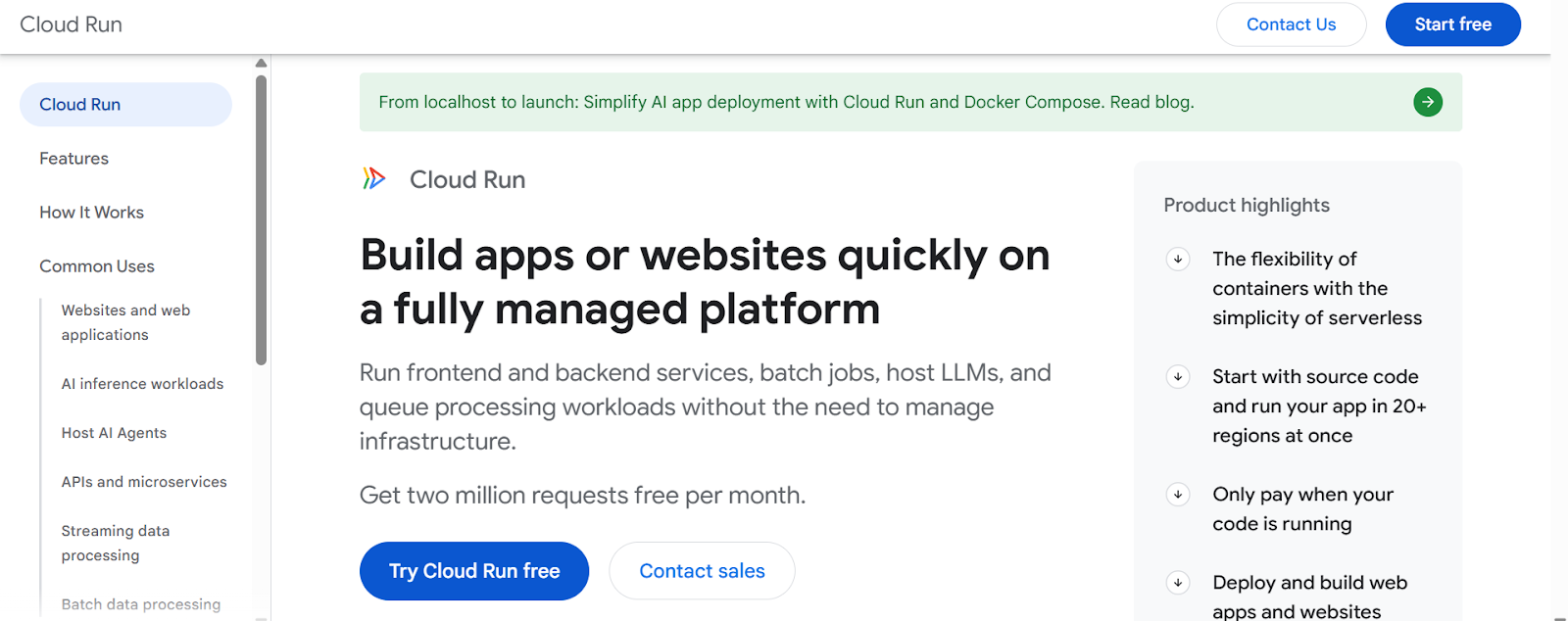
It’s perfect for modern web applications that need to scale quickly and only pay for the resources they use.
- Firebase Hosting: Ideal for static websites (websites with fixed content that doesn’t change often) and single-page applications.
Firebase Hosting offers fast, secure hosting with a global Content Delivery Network (CDN) for excellent performance. It also includes free SSL certificates.
2) Google Sites
For those who need a simple, free way to create basic websites, Google Sites is an excellent option.
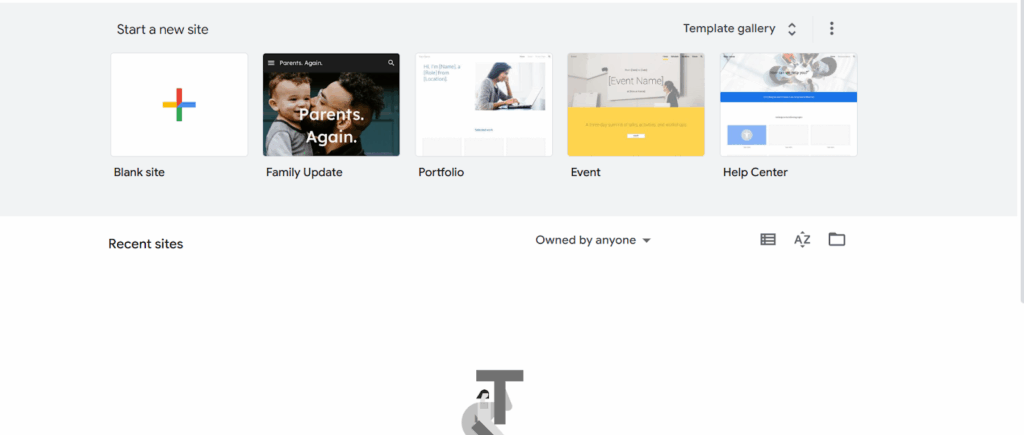
- No coding skills needed: You can easily build professional-looking sites using a drag-and-drop editor and pre-made templates.
- Great for team collaboration: It integrates easily with Google Workspace (formerly G Suite) tools like Docs, Sheets, and Calendar, making it perfect for team or project sites.
- Free hosting: Google Sites offers free hosting, which is a major benefit for personal projects or small businesses with limited budgets.
It’s important to note that while Google Sites is free web hosting, it’s limited in its capabilities compared to the robust, scalable solutions offered by Google Cloud Platform.
It’s generally not suitable for complex applications, e-commerce stores, or websites with very high traffic.
Is Google Web Hosting Right for You?
Choosing the right web hosting depends on your specific needs.
- For simple personal sites or team intranets:
Google Sites is an excellent, free, and easy-to-use option.
- For small businesses and bloggers:
While Google Cloud offers powerful tools, traditional web hosts like Truehost SA might be more beginner-friendly and provide managed services that simplify the process.
Truehost SA, for example, offers optimized WordPress hosting and easy-to-use cPanel, making it easier to get your site online without deep technical knowledge.
- For developers and large-scale applications:
Google Cloud Platform services like Compute Engine, App Engine, and Cloud Run provide the robust infrastructure and flexibility needed for complex projects, high traffic, and custom solutions.
What Are the Pros of Google Web Hosting?
Google Web Hosting, through Google Cloud Platform (GCP), offers some of the most powerful infrastructure in the world.
It’s no surprise that big brands like Spotify, PayPal, and Snapchat trust Google Cloud to host their services.
Here are the biggest advantages:
1) Blazing Fast Speed and Performance
Google’s global infrastructure is built for speed. With powerful virtual machines, high-performance SSD storage, and optimized load balancing, your website or app can load incredibly fast, even under heavy traffic.
That kind of performance is essential if you’re running a large-scale web app, an online game, or a platform with users from multiple regions.
2) Global Reach with Multiple Data Centers
Google Cloud has data centers in key locations all over the world.
This means your content can be served from the nearest server to your visitors, drastically improving loading times and reducing latency.
If your audience is spread across different continents, Google’s global infrastructure gives you a strong advantage.
3) Top-Tier Security
When it comes to cybersecurity, Google doesn’t cut corners. You benefit from the same security systems that protect Gmail, Google Search, and Google Drive.
This includes:
- Advanced firewalls
- DDoS protection
- Encryption at rest and in transit
- Constant security updates and monitoring
For businesses that handle sensitive customer data, this level of security can be a major selling point.
4) Flexible and Infinite Scalability
With Google Cloud, you’re not locked into a fixed plan. As your needs grow, you can add more resources in real-time, CPU, RAM, storage, and bandwidth, without needing to change plans or migrate your website.
This kind of flexibility is ideal for fast-growing businesses or platforms with unpredictable traffic spikes.
What Are the Cons of Google Web Hosting?
Despite its strengths, Google Web Hosting isn’t a perfect fit for everyone, especially beginners and small business owners.
Here’s what you should be aware of:
1) Complicated Setup
Google Cloud is designed for developers and IT professionals. Setting up a simple website like a blog or small business page requires several technical steps, such as:
- Creating a virtual server (VM)
- Configuring DNS records
- Setting up a web server (Apache or Nginx)
- Installing software manually (like WordPress or PHP)
If you don’t have a background in cloud computing, this can feel overwhelming and time-consuming.
2) Limited Customer Support for Hosting
Google Cloud support is not customized to hosting beginners. If you need help installing WordPress, setting up emails, or configuring your server, you’re mostly left to community forums or documentation.
There’s no hand-holding like you’d get with a traditional hosting provider.
At Truehost SA, our support team is available 24/7 to assist you, from setup to troubleshooting.
3) Pricing Can Get Complicated (and Expensive)
While Google Cloud uses a pay-as-you-go model, which sounds flexible, it also means you’re billed based on what you use, and the costs can rise quickly if you’re not monitoring your usage.
This makes budgeting difficult, especially for small businesses that prefer predictable, fixed monthly plans.
With Truehost SA, what you see is what you pay, no hidden usage fees, no billing surprises.
4) No Built-In Website Tools
Unlike traditional hosting platforms, Google Cloud doesn’t come with a website builder, free email hosting, or 1-click installs for apps like WordPress or Joomla.
That means you need to:
- Install everything manually
- Handle backups and updates yourself
- Integrate third-party services for things like emails and SSL
For beginners, that’s a lot of work.
How Google Web Hosting Differs from Traditional Hosting
When people talk about traditional web hosting, they usually mean services like shared hosting, VPS hosting, or dedicated servers.
These are the kinds of plans most small businesses, bloggers, and startups are used to.
But Google Web Hosting, powered by Google Cloud Platform (GCP), takes a very different approach.
While traditional hosting focuses on simplicity and affordability, Google Cloud is built for power, scale, and flexibility, often catering to developers, enterprise users, and fast-growing startups.
Let’s break down the key differences:
1) Scalability
With traditional hosting, your resources are limited to the plan you choose. If your website starts getting more traffic, you’ll need to manually upgrade to a higher package, and even then, there’s a ceiling.
Google Cloud is designed to be infinitely scalable. Whether your site has 10 or 10 million users, you can adjust your server resources on demand.
It scales automatically, so your website performance doesn’t drop during traffic spikes.
2) Reliability
Traditional hosting, especially shared hosting, places your website on the same server as many other sites.
If one of those sites gets hacked or uses too many resources, your performance can suffer.
Google Cloud is distributed across multiple servers (this is called cloud redundancy). That means if one server fails, your site can still run smoothly on another.
This setup dramatically reduces the risk of downtime and gives your visitors a more stable experience.
3) Cost Structure
With most traditional hosting providers, including Truehost SA, you pay a fixed monthly or yearly fee. This makes it easy to budget, especially for startups and small businesses.
Google Cloud uses a pay-as-you-go pricing model. You’re charged based on your actual resource usage (CPU, bandwidth, storage, etc.).
While this can be cost-effective for high-performance or temporary projects, it can also get expensive if not managed carefully.
For beginners or small businesses, unexpected charges can become a problem if usage isn’t closely monitored.
4) Level of Control
Shared hosting plans usually come with limited control. You’re given access to tools like cPanel or Plesk, which simplify website management, perfect for non-technical users.
With Google Cloud, you get full control of your virtual servers, especially if you’re using Compute Engine.
You can configure your environment down to the operating system and networking layer, but you’ll also need to know what you’re doing.
It’s ideal for developers and system admins, not beginners.
5) Complexity and Ease of Use
Traditional web hosting is built to be easy. Most providers, like Truehost SA, offer:
- One-click WordPress installation
- Website builders
- Customer support to guide you
- Email hosting included
Google Cloud isn’t nearly as beginner-friendly. Setting up a basic WordPress website involves:
- Creating a virtual machine
- Installing a web server (like Apache or Nginx)
- Configuring a database and firewall
- Manually managing updates and backups
If you don’t have technical experience, the setup process can be overwhelming.
Is Google Web Hosting Available in South Africa?
Technically, yes, but there’s a major catch.
While you can use Google Web Hosting from anywhere in the world, including South Africa, Google Cloud does not currently have a data center located on the African continent.
This means your website’s files are stored and served from servers located in Europe, Asia, or the U.S.
As a result, visitors from South Africa may experience slower loading times, which can hurt user experience and even affect your SEO rankings locally.
And this is exactly where Truehost SA comes in.
Why You Should Choose a Local Hosting Provider Like Truehost SA
If you’re running a business, blog, or online store for a South African audience, choosing a local hosting provider gives you clear advantages in performance, visibility, and support.
Here’s why hosting locally with Truehost SA makes more sense:
✅ Faster Loading Speeds for Local Visitors
With servers strategically located for African traffic, your website loads much faster when accessed from within South Africa.
And that means happier visitors who stay longer and convert better.
✅ Better SEO Performance in Local Search Results
Search engines like Google take page speed and local relevance into account.
When your website is hosted closer to your audience, you’re more likely to rank higher in local search results.
✅ Easy, Reliable Support in Your Time Zone
With Google Cloud, support is limited and often disconnected from your timezone.
But with Truehost SA, you get real human support from experts who understand the South African market and are available when you need them.
Conclusion
There’s no doubt, Google Web Hosting is powerful. It’s built for scale, packed with cutting-edge technology, and trusted by some of the biggest companies in the world.
But to be real, it’s not built with everyone in mind.
If you’re a solo entrepreneur, a blogger, or a local business owner in South Africa, you need hosting that’s simple.
It should be affordable and easy to manage.
And when things go wrong, you want real people to talk to, not just guides or forums.
That’s where Truehost SA comes in.
We built our hosting plans for people like you. No tech headaches. No crazy costs. Just a simple, smooth way to launch and grow.
 Web Hosting
Web Hosting Windows HostingBuilt for Windows apps and websites – stability, speed and flexibility
Windows HostingBuilt for Windows apps and websites – stability, speed and flexibility Reseller HostingLaunch a hosting business without technical skills or expensive infrastructure
Reseller HostingLaunch a hosting business without technical skills or expensive infrastructure Affiliate ProgramRefer customers and earn commissions from sales across our platform
Affiliate ProgramRefer customers and earn commissions from sales across our platform Domain SearchFind and secure a domain name in seconds with our quick lookup tool
Domain SearchFind and secure a domain name in seconds with our quick lookup tool CO ZA Domains
CO ZA Domains All DomainsExplore domain names from over 324 TLDs globally – all in one place
All DomainsExplore domain names from over 324 TLDs globally – all in one place Free Whois Lookup Tool South Africa
Free Whois Lookup Tool South Africa VPS
VPS SSLs
SSLs
